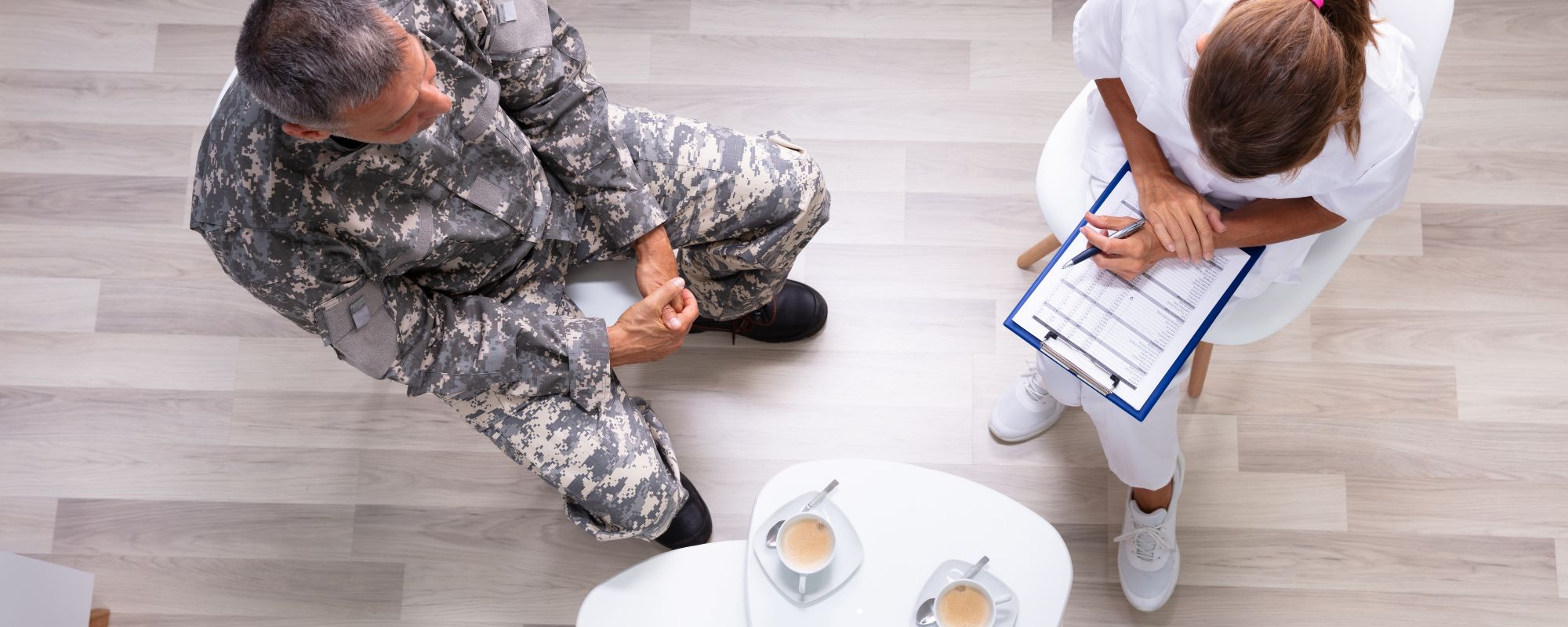Don’t you love who done it forensic shows? It’s substantially cool to watch forensics experts eye-up a crime scene and tell volumes about the perpetrator or perpetrators that committed the crime, without ever having seen them commit the crime.
Forensic shows stand testimony to the fact that the dust of truth always swirls and eventually seeks cracks of entry despite what we originally see, read or hear.
Our parents, grandparents and great grandparents may have learned forensics in a more wholesome and instructive manner than Forensic Files and the like. They watched The Alfred Hitchcock Hour.
After saying “G-o-o-d E-v-e-n-i-n-g”, in away in a way only he could, Hitchcock would “paint” yet another forensic masterpiece episode.
Some still believe that Alfred Hitchcock was the most distinguished behavioral forensics “professor” of all time.
Sure, the fictitious Sherlock Holmes was a good general forensics person. But Alfred Hitchcock was more like the behavioral profilers at the FBI’s Quantico compound.
Hitchcock permitted attentive and perceptive forensic wannabes to step into the minds of not very nice people and freely walk around as if one was at a realtor’s luxurious open house.
This brings us to the important behavioral forensic question, within the “Do I still need to go to detox if I was prescribed benzos” question asked by countless people.
The hidden behavioral forensics question, or more specifically, the hidden addictions neuropsychiatric forensics question, is just as important and telling as the “Do I still need to go to detox if I was prescribed benzos” question asked.
Watch and learn as you tour the mind of a forensic addictions neuropsychiatrist.
Seasoned behavioral forensic minds look at each question as a potential crime scene.
Each seated within their own brain-throne, their minds rapidly scan and review all the dastardly algorithms, they can think of and begin to reverse engineer the “Do I still need to go to detox if I was prescribed benzos” question in order to come up with a behavioral profile for the perp or perps.
The behavioral forensic perp/perps profiler rapidly and confidently spouts the behavioral news to their attentively listening and focused brightest analysts and field agents.
The perp profiler rapidly and confidently spouts:
- The perp is not an experienced addictions neuropsychiatrist
- The perp is not an experienced benzo detox/rehab doctor and knows it
- The perp consciously believes he or she is helping anxious patients even though he or she has no actual benzo detox/rehab experience
- The perp subconsciously believes he or she is “helping” treat patients suffering from anxiety with addictive benzos without having the knowledge, training and experience to know that benzos are as addictive as opioids and cocaine
- The perp is more likely to be a male, 35 to 55 years of age not specializing in benzo detox/rehab
- The perp is employed, but not making as much money as they earned previously. His medical specialty business is no longer brisk
- A small conscious percentage of the perps cognition believes that what he is doing is unsubstantiated because he has been inadequately educated and trained, and has essentially no experience in benzo detox/rehab
- The perp more often deceives himself about the aforementioned “practicing outside of his specialty (not a benzo detox/rebab doc)” thoughts, and justifies his inappropriate benzo prescribing behavior by reasoning that his benzo prescribing, outside his non-benzo detox/rehab specialty, will help his, let’s say, post-heart attack patient feel calmer
- The perp is unaware that he is a soldier within a vast army that unknowingly is under the command of a huge clandestine cartel that in turn unknowingly is partly responsible for the current benzo and drug addiction epidemic
- The perp’s top cartel officials are federal, state, county and municipal government employees that believe their jobs have a positive impact of benzo addiction on public health and epidemiology
- The government run cartel’s health workers are directed by laws, orders and top government officials to do this and that, and not do this and that, without their top government bosses having any vintage education and experience regarding the impact of benzo addiction on public health and epidemiology, including, no substantial education and experience in benzo addiction neuropsychiatry
- Like CEOs of Fortune 100 publicly traded companies who are bossed about by shareholders who do not understand the business as well as the CEO,
- top government officials often know essentially nothing about benzo-launched public health and epidemiology problems,
- while many top government officials are influenced by benzo-addiction-ignorant pharmaceutical and doctor lobbyists, along with their benzo-addiction-ignorant voter base, and other benzo-addiction-ignorant supportive entities
Let’s post text-pictures of the benzo addiction perpetuators pyramid up on our forensic board:
- Top benzo-addiction-ignorant government officials such as the executive, legislative and judicial branches are at the top of the pyramid
- benzo-addiction-ignorant prescribers will continue to unintentionally contribute to the current benzo addiction epidemic until benzo-addiction-ignorant government officials get educated about benzo addiction, detox and rehab
- and legislators in turn pass stricter benzo prescribing laws
- such as non-benzo-addiction specialists are only licensed to prescribe benzodiazepines 1 week at a time for 3 weeks
- patients needing or wanting longer treatments should be referred to a detox/rehab doctor
- new laws trickle down to
- Health organizations or agencies such as the US Department of Justice, FDA and US Department of Health and Human Services
- Then to the seemingly endless number of medical specialty boards, American Medical Association, American Society of Addiction Medicine, American Heart Association and American Stroke Association
- State and regional agencies, such as each state’s department of health and board of medicine
- Municipal government sponsored health entities and clinics
- Government sponsored and privately operated healthcare providers
- Including psychiatrists who have not had at least 5-years-experience as a full-time benzo and/or alcohol detox-rehab physician
We presented you, our department of justice, with some evidence and humbly request your judgement regarding the following proposed solution to the pandemic benzo addiction problem facing us today:
- Any non-benzo-detox/rehab medical specialist may prescribe benzos, one week at a time, for three weeks only, if their patient is not a recovering benzodiazepine, alcohol, opioid, or nicotine addict.
- Clients begging for more benzo should be promptly referred to a credible residential or intensive outpatient (IOP) substance abuse detox/rehab facility.
- Physicians board certified in addiction medicine or addiction psychiatry should not be permitted to prescribe benzos without at least 5-years-experience working full-time for a residential or IOP benzo detox/rehab facility
- Physicians with at least 5-years-experience working full-time for a residential or IOP detox/rehab facility are the only people who should judge whether or not a benzo prescription should be continued beyond 3 weeks
- Physicians board certified in pain management, cardiology and any board certified or not specialty other than benzo detox/rehab doctors with at least 5-years-experience, are not permitted to prescribe more than 3 weeks of benzo.
It’s no wonder the benzo epidemic is growing every day.
It’s no wonder we are regularly asked the “Do I still need to go to detox if I was prescribed benzos” question.
And so that is the answer to the question within the question: Do I still need to go to detox if I was prescribed benzos?
Answer: Yes, because your benzo-prescriber was ignorant to the fact that benzos are one of the most addictive prescription medicines on the planet, and your benzo-prescriber probably never worked as a benzo addiction detox/rehab doctor.
Talk to your representatives in congress to change the law regarding who can and who cannot prescribe benzodiazepines.
And now for the tangible concrete question: Do I still need to go to detox if I was prescribed benzos?
Yes, because benzodiazepines increase the neurotransmitter gamma-aminobutyric acid (GABA) in the pleasure center’s neurons, causing sedation, sleepiness, emotional calmness, reduced risk of seizure, and relax muscles. What unqualified benzo-prescribers don’t tell you is that benzodiazepines are nasty deceivers and there are many other safer non-benzo anti-anxiety options your local benzo detox/rehab knows all about.
What your unqualified benzo prescriber did not tell you is that benzos are just alcohol in a pill, and both make:
- Sedation turn into more anxiety than you had before taking your last benzo dose
- Sleepiness turn into more insomnia
- Emotional calmness turn into more anxiety
- Relaxed muscles more tense
- Reduced risk of seizure turns into increased risk for seizure and possibly death
- Which makes benzo addiction potentially more lethal than opioid addiction which rarely if ever is associated with withdrawal seizures and death
Benzos
Benzo’s succeed in cutting anxiety by activating alpha-1 GABA-alpha receptors, which underlie the benzo dopamine effect. Therefore, benzo’s work by increasing GABA and dopamine.
A benzo’s anti-anxiety effect lasts as long as its half-life. Benzos usually maintain their anti-anxiety effect for 2 to 8 hours depending on the type. Anti-anxiety benefits last for less time in benzo addicts.
For example, the amount of anxiety you had before taking the last dose, returns in about 4 hours with Xanax (alprazolam), and about 8 hours with Klonopin (clonazepam).
The time a particular benzo wears off is directly proportional to the person’s level of addiction to benzos. For example, a person who has never taken a benzo or drank alcohol and takes a Klonopin, the anti-anxiety effects are likely to last about 10 hours or more.
Similarly:
- An alcoholic who never took a benzo before and takes a Klonopin, the anti-anxiety effects are likely to last about 5 hours.
- If a person has taken many benzodiazepine types before, beside Klonopin, and takes Klonopin for the first time, it is likely to act as an anti-anxiety agent for 5-6 hours.
- If they are addicted to other sedatives, Klonopin’s effect usual and customary length of relief is substantially shortened due to tolerance
- Once tolerance develops and you stop taking benzos, failure to enter a residential or IOP detox/rehab program typically results in 21 miserable days in a row, ending with a grand mal seizure and sometimes death on day 21.
Benzo addiction and its associated tolerance and cross-tolerance can lead to death in other ways, even most anesthesiologists do not know about. They include:
- People with benzo or other sedative addictions have cross tolerance to anesthesia
- That means a benzo addict, active or in recovery many years, has a tolerance to anesthesia
- That means the anesthesiologist usually needs to pump more anesthesia into a benzo-person to knock them out
- The high tolerance to benzodiazepines and their cross tolerance with anesthesia used in operating rooms can force your anesthesiologist to give you more anesthesia than is usual and customary
- The result could explain, in part, why some people die on the operating table while most do not
In summary, you need detox from a benzo when you:
- Take 1 a day for a while and then it takes 2 to get the same results
- Take 1 a day for a while and then it takes 2 to get the same results
- Take 2 a day for a while and then it takes 3 to get the same results
- Take 3 a day for a while and then it takes 4 to get the same results
- Take 4 a day for a while and then it takes 5 to get the same results
- Take 1 mg a day for a while and then it takes 1.5 mg to get the same results
- Take 1.5 mg a day for a while and then it takes 2 mg to get the same results
- Etc.
Call your representatives in congress to alert them that laws may need to change regarding the qualifications of benzo prescribers.
Reach Out
If you or someone you know is struggling with a substance abuse problem, please reach out to our addiction specialists for guidance and support, at (877)-RECOVERY or (888) 557-7990. Our addiction specialists make themselves available to take your call 24 hours a day, 7 days a week. Because We Care.












